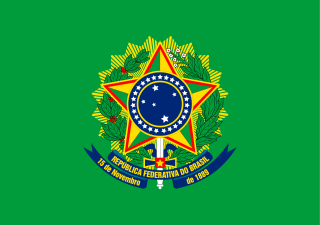
The president of Brazil,officially the president of the Federative Republic of Brazil or simply the President of the Republic,is the head of state and head of government of Brazil. The president leads the executive branch of the federal government and is the commander-in-chief of the Brazilian Armed Forces.

Manuel Deodoro da Fonseca was a Brazilian politician and military officer who served as the first president of Brazil. He was born in Alagoas in a military family,followed a military career,and became a national figure. Fonseca took office as provisional president after heading a military coup that deposed Emperor Pedro II and established the First Brazilian Republic in 1889,disestablishing the Empire. After his election in 1891,he stepped down the same year under great political pressure when he dissolved the National Congress. He died less than a year later.
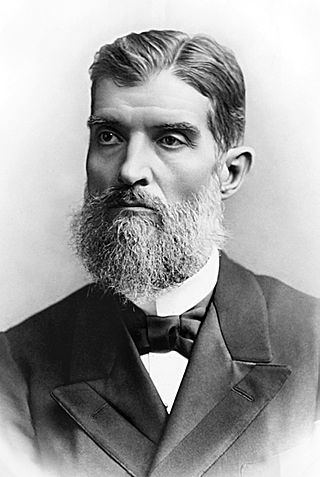
Prudente Joséde Morais e Barros was a Brazilian lawyer and politician who was the third president of Brazil. He is notable as the first civilian president of the country,the first to be elected by direct popular ballot under the permanent provisions of Brazil's 1891 Constitution,and the first to serve his term in its entirety. His presidency,which lasted from 15 November 1894 until 14 November 1898,was marked by the War of Canudos,a peasant revolt in the northeast of the country that was crushed by the Brazilian Army. He also had to face a break in diplomatic relations with Portugal that was successfully mediated by Queen Victoria of the United Kingdom.

Nilo Procópio Peçanha was a Brazilian politician who served as seventh president of Brazil. He was governor of Rio de Janeiro (1903–1906),then elected the fifth vice president of Brazil in 1906. He assumed the presidency in 1909 following the death of President Afonso Pena and served until 1910.

Hermes Rodrigues da Fonseca was a Brazilian field marshal and politician who served as the eighth President of Brazil between 1910 and 1914. He was a nephew of marshal Deodoro da Fonseca,the first president of Brazil,and general João Severiano da Fonseca,patron of the Army Health Service. His parents were the marshal Hermes Ernesto da Fonseca and Rita Rodrigues Barbosa.
The Pessoa Prize,named after Fernando Pessoa,is recognized as the most important award in the area of Portuguese culture. Created in 1987 by the newspaper Expresso and the IT company Unisys,since 2008 the prize has been sponsored by Caixa Geral de Depósitos. It is granted annually to the Portuguese person who during this period,and in the course of previous activity,has distinguished him or herself as a figure in scientific,artistic,or literary life.
Damião Barbosa de Araújo was a Brazilian composer. He was born on the Island of Itaparica and died in the city of Salvador. He is most known for his opera A intriga amorosa,which premiered in 1810 at the Teatro do Guadelupe in Salvador. Araújo was the son of a shoemaker and worked for the Brotherhood of Santa Cecilia from 1819. He joined the orchestra of the Imperial Chapel in Rio de Janeiro as a violinist in 1822. In this period he met the organist and composer Marcos Portugal (1762-1830) and JoséMaurício Nunes Garcia (1767-1830). Araújo returned to Salvador in to become the Master of Music of the Cathedral of Salvador in 1818,succeeding Alexandre da Fonseca. Araújo composed a work for full orchestra for the reopening and dedication mass of the Church of the Third Order of Saint Francis;it was performed on July 5,1835. The score for the work is stored in the archive of the church.
Marshal is the highest rank in both the Brazilian Army and the Brazilian Air Force,although the latter is titled marechal-do-ar. These ranks are equivalent to that of admiral in the navy. A marshal is distinguished by using five stars,which for a marshal of the air are in the approximate position of Southern Cross and for a marshal in the army,in the form of "X". The five stars of admiral are in the shape of a pentagon.
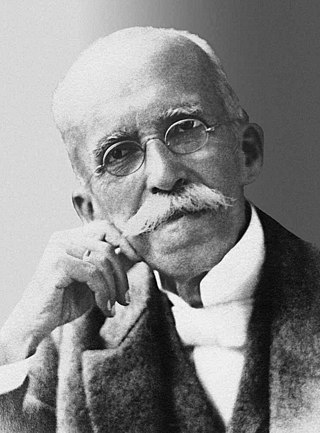
Ruy Barbosa de Oliveira,also known as Rui Barbosa,was a Brazilian polymath,diplomat,writer,jurist,and politician. Born in Salvador,Bahia,and a distinguished and staunch defender of civil liberties and the abolition of slavery in Brazil,Barbosa would go on to represent Brazil in the second Hague convention,argued for Brazil's participation in World War I on the side of the Allies,and personally ordered the destruction of all government records pertaining to slavery while he was Minister of Finance. He was forced into exile during the presidency of Floriano Peixoto,as his economic policies while he was finance minister paved the way for a disaster in the Brazilian economy. After exile,Barbosa would run an extremely memorable campaign for the presidency,though ultimately failed.

Epitácio Lindolfo da Silva Pessoa was a Brazilian politician and jurist who served as 11th president of Brazil between 1919 and 1922,when Rodrigues Alves was unable to take office due to illness,after being elected in 1918. His period of government was marked by military revolts that would culminate in the Revolution of 1930,which brought Getúlio Vargas into control of the federal government.
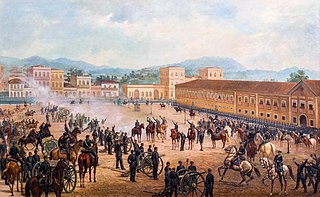
The Proclamation of the Republic was a military coup d'état that established the First Brazilian Republic on 15 November 1889. It overthrew the constitutional monarchy of the Empire of Brazil and ended the reign of Emperor Pedro II.

Events in the year 1896 in Brazil.

Events in the year 1910 in Brazil.

Events in the year 1911 in Brazil.

Events in the year 1912 in Brazil.

Events in the year 1890 in Brazil.

Events in the year 1889 in Brazil.

Ernesto Carneiro Ribeiro was a Brazilian physician,teacher,linguist and educator. His main work is Serões gramaticais, a grammarbook of the Portuguese language.

JoséGonçalves da Silva was a Brazilian politician who served as the governor of Bahia in 1890.
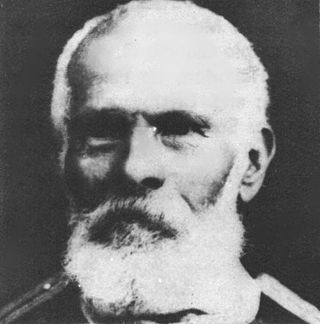
Hermes Ernesto da Fonseca was a Brazilian military officer and politician.













